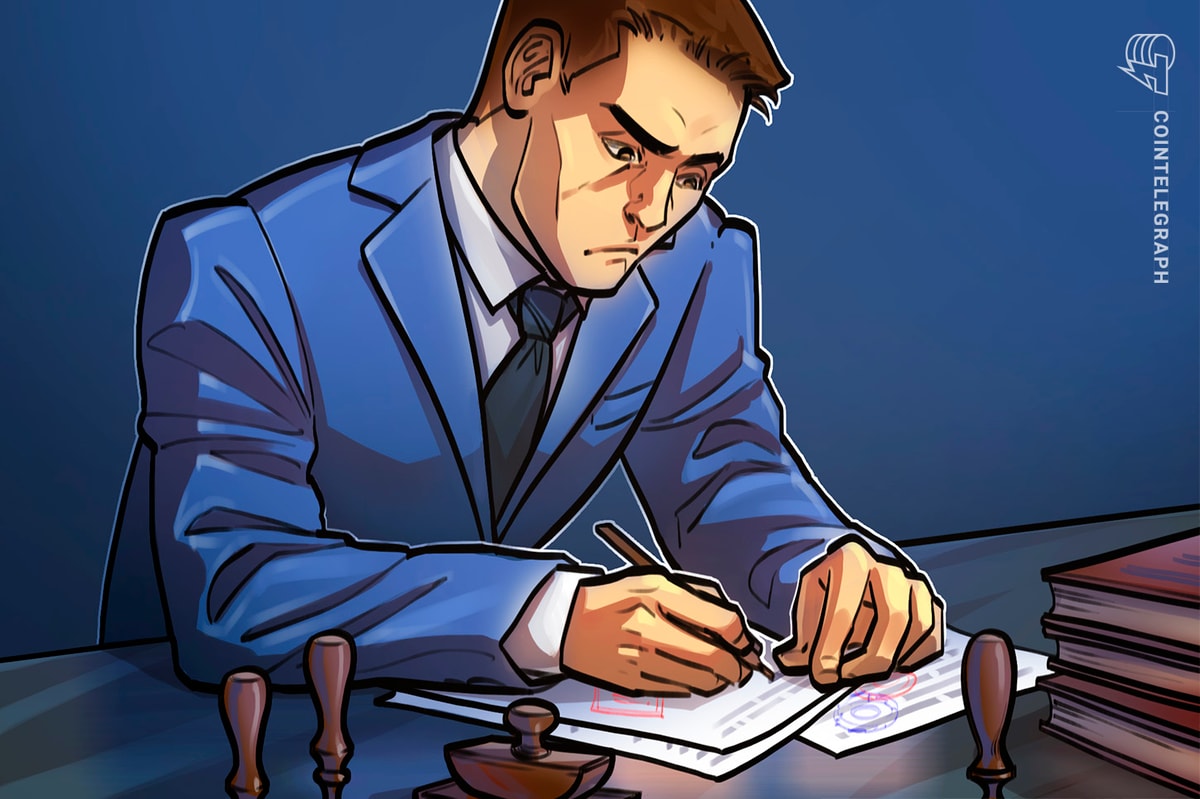US federal prosecutors have rebutted claims they suppressed evidence in their case against the co-founders of the crypto mixing service Samourai Walle
US federal prosecutors have rebutted claims they suppressed evidence in their case against the co-founders of the crypto mixing service Samourai Wallet, arguing their disclosure of a conversation with Treasury Department staff was made within the required timeframes.
In a May 9 letter to a Manhattan federal court, prosecutors opposed a request for a hearing, claiming they handed over “all known substantive communications” between them and the Treasury’s Financial Crimes Enforcement Network (FinCEN) regarding Samourai “months in advance of pretrial motions and trial.”
“The defendants will have seven months to make use of the information before trial,” they wrote. “Nothing more is warranted.”
On May 5, Samourai co-founders Keonne Rodriguez and William Hill asked the court for a hearing, claiming that prosecutors were late to disclose that FinCEN representatives told them six months before they charged the pair that under the agency’s guidance, the service “would not qualify as a ‘Money Services Business’ requiring a FinCEN license.”
However, prosecutors still charged the pair in February 2024 with conspiracy to operate an unlicensed money transmitting business and money laundering conspiracy, unsealing the charges and arresting the pair in April that year. They have both pleaded not guilty.
In their letter, prosecutors argued they “acted in good faith” in disclosing the “contents of this informal conversation” between them and Kevin O’Connor, the chief of FinCEN’s Virtual Assets and Emerging Technology Section in the Enforcement and Compliance Division, and Policy Division staffer Lorena Valente.
They claimed O’Connor and Valente’s comments were “their individual, informal, and caveated opinion” on whether Samourai would need to register as a money transmitter under FinCEN regulations.
FinCEN “did not have a sense” of broaching Samourai
The prosecutor’s letter noted that an email from one of the prosecutors summarizing the August 2023 call with FinCEN said that because Samourai doesn’t take custody of the crypto, it “would strongly suggest that Samourai is NOT acting as an MSB [money services business].”
However, it noted FinCEN staff “did not have a sense of what FinCEN would decide if this question were presented to their FinCEN policy committee.”
Samourai’s lawyers had claimed that the call showed Rodriguez and Hill “were not money transmitters under FinCEN’s guidance” and that they “could not possibly be prosecuted for not having a license.”
The Samourai co-founders had bid to dismiss the case in April, pointing to Deputy Attorney General Todd Blanche’s memo released that month saying the Justice Department wouldn’t prosecute crypto mixers for “unwitting violations of regulations.”
In their letter, prosecutors addressed the memo, arguing the court “should not consider” it, as the memo states it “may not be relied upon to create any right or benefit” against the US or its departments.
Legal Panel: XRP win leaves Ripple a ‘bad actor’ with no crypto legal precedent set
cointelegraph.com
